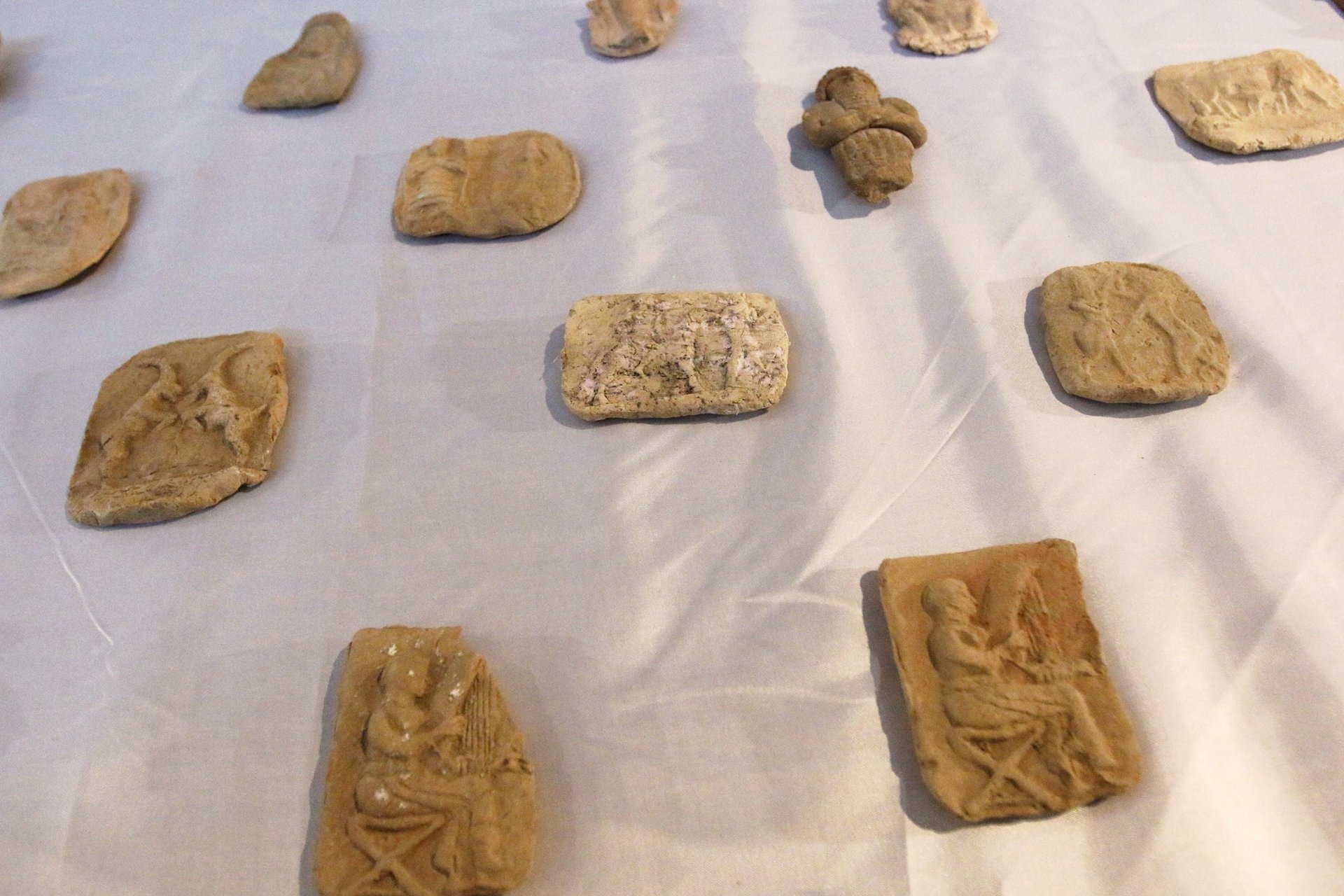ISIL is trying to sell plundered art and rare artifacts to US buyers, the FBI warns
Art dealers and collectors should be careful when buying items from the Middle East, the FBI warned today. The Islamic State’s looted ancient artifacts are showing up in the US marketplace, and proceeds from sales could help fund the terrorist organization’s activities.


Art dealers and collectors should be careful when buying items from the Middle East, the FBI warned today. The Islamic State’s looted ancient artifacts are showing up in the US marketplace, and proceeds from sales could help fund the terrorist organization’s activities.
“We now have credible reports that U.S. persons have been offered cultural property that appears to have been removed from Syria and Iraq recently,” said Bonnie Magness-Gardiner, manager of the FBI’s Art Theft Program, in a press release.
“We don’t want to say don’t buy anything at all,” said Magness-Gardinar. “There’s a lot of legitimate material circulating in the marketplace. What we’re trying to say is, don’t allow these pieces that could potentially support terrorism to be part of the trade.”
As well as the moral concern, collectors could also face criminal charges: Those caught paying for objects stolen by ISIL could be prosecuted under government counterterrorism laws.
US museums have subjected acquisitions to higher scrutiny in recent years, but archaeologists concerned about the theft of cultural treasures—whether art stolen during the Holocaust or relics from Syria and Iraq—say that public awareness of the issue needs to stay high. Much of the looting of precious artifacts in Iraq and Syria actually pre-dates the destruction wrought by ISIL.
“Despite the fact that museum curators and antiquities dealers are seen as doing a better job of turning away objects that may have been stolen from some site,” art reporter Daniel Grant wrote in the Huffington Post in 2011, “the extent of looting has ratcheted up the criticism by archaeologists, who believe that these objects will end up in some collection eventually.”